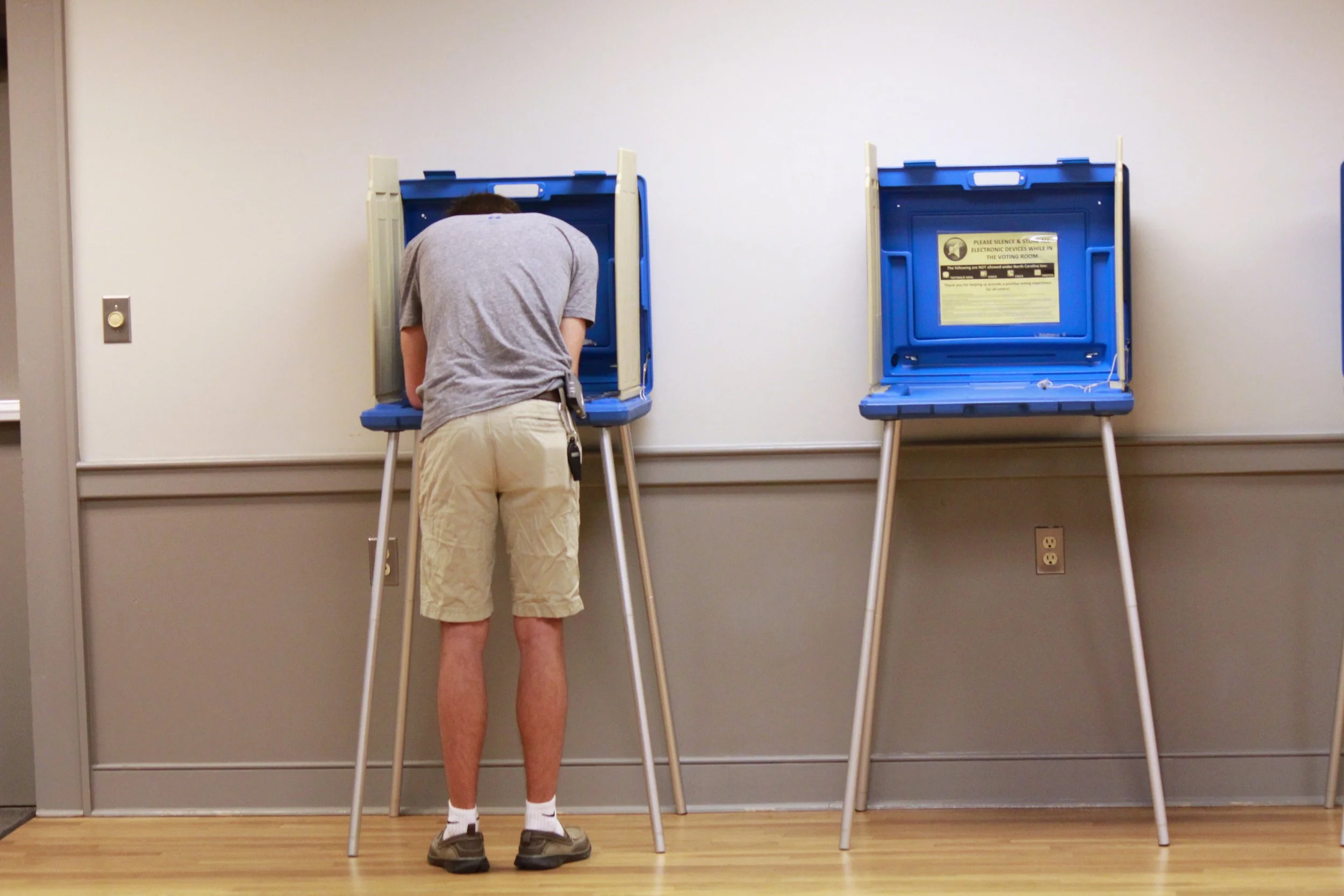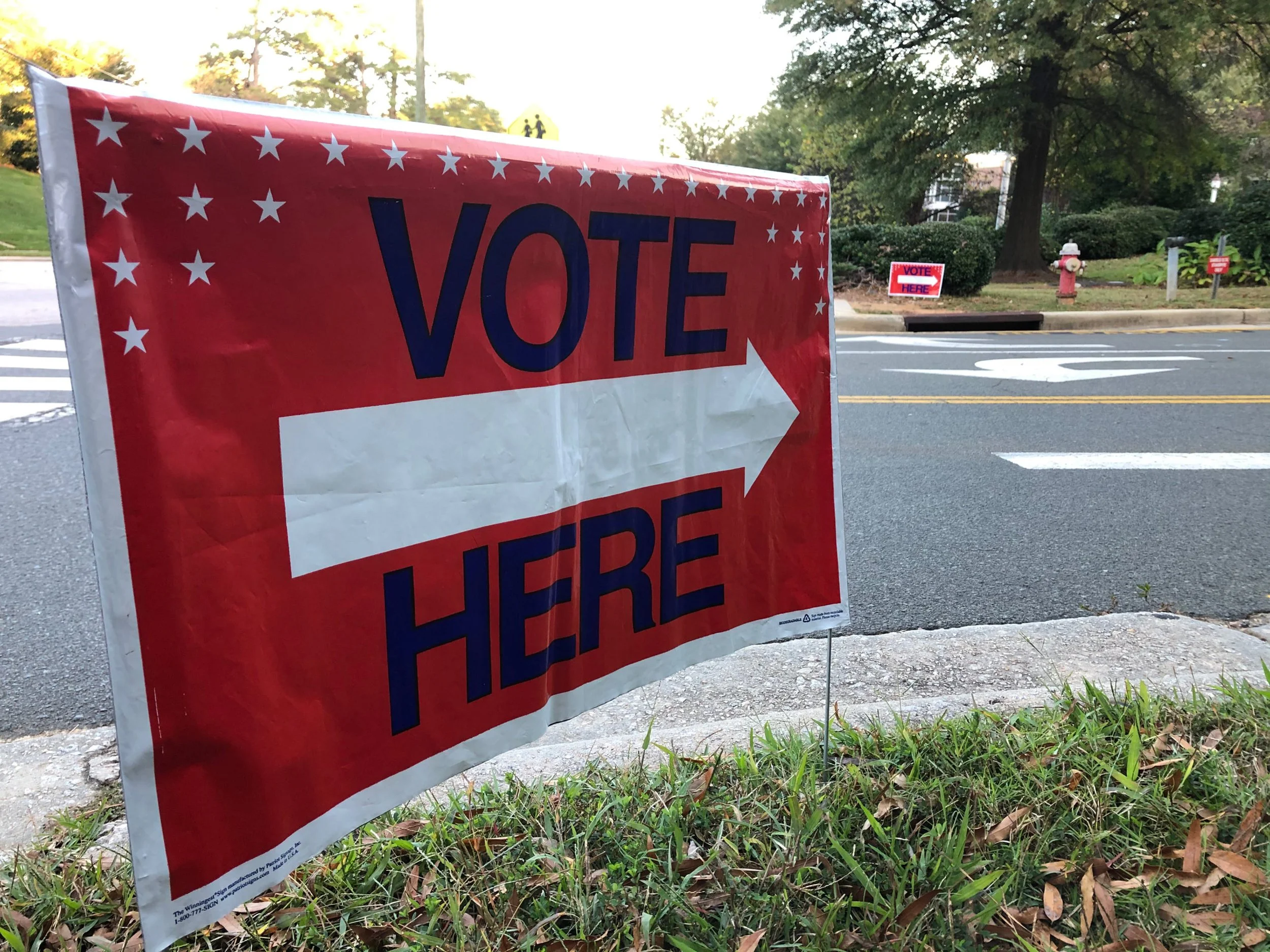Legislators, Stein submit briefs defending N.C. voter ID law
By Mitch Kokai, Carolina Journal
North Carolina's 2018 voter ID law complies with the state constitution and should survive a legal challenge. That's according to briefs submitted in the N.C. Supreme Court from state legislative leaders and the N.C. Justice Department.
Both briefs urge the Supreme Court to reverse a trial court's 2-1 ruling from September 2021 in the case titled Holmes v. Moore. Two Democratic judges overruled a Republican colleague in deciding that the law, originally Senate Bill 824, violated the N.C. Constitution.
"Election legislation in North Carolina is often contentious," wrote attorney Nicole Moss, representing Republican state legislative leaders. "In the fall of 2018, the People of North Carolina — by a 55.49% to 44.51% margin — adopted a constitutional amendment requiring photo voter ID and directing the General Assembly to enact implementing legislation."
"The General Assembly at that time could have enacted a voter-ID law without any Democratic votes or any Democratic input whatsoever," wrote Moss, referencing Republicans' veto-proof supermajorities in both chambers of the General Assembly in 2018. "But that is not what the General Assembly did with S.B. 824. Instead, the Republican supermajority worked closely with Senator Joel Ford, an African American Democrat, who co-sponsored the bill; adopted the majority of amendments offered by Democrats; obtained several Democratic votes for the bill; and otherwise engaged with Democrats every step of the way, garnering thanks even from the bill’s opponents."
"The outcome was one of the most voter-protective photo voter-ID laws in the Nation," Moss wrote. "Plaintiffs’ only real criticism of the process is that Republican legislators did not wait until they lost a veto-proof majority before proceeding with a voter-ID bill as the North Carolina Constitution required."
Legislative defendants criticize the trial court's approach to the case. "By enjoining S.B. 824, the Superior Court dealt a blow to cooperation and removed any incentive to seek compromise when none is necessary," Moss wrote. "To do so, the Superior Court needed to disregard the presumption of good faith that attaches to all legislation. This error renders the court’s factual findings, and the legal conclusions drawn from them, fundamentally flawed."
Voter ID critics "simply repeat" the trial court's errors, "staking their arguments on irrelevant facts while continuing to fail to identify a single voter of any race who will not be able to vote under S.B. 824, ... or any array of IDs that would narrow any purported racial gap in ID possession," Moss wrote.
Moss cites the impact of the voter-approved voter ID constitutional amendment. "The Constitution of this State is not at war with itself: Plaintiffs cannot erect a standard that no voter-ID law would satisfy," she wrote. "This Court should not make a mistake
of historic proportion by branding a law co-sponsored by an African American as intentionally discriminatory."
The N.C. Justice Department's latest brief targets particular arguments from voter ID critics. The first involves court precedents.
"Plaintiffs encourage this Court to ignore federal circuit court cases examining S.B. 824 and similar voter-ID laws in reviewing the trial court’s order," wrote Sepcial Deputy Attorney General Terence Steed. "They do so by arguing those cases are not binding and by pointing out they analyze those laws under the Equal Protection Clause of the United States Constitution, and not the Equal Protection Clause of the North Carolina Constitution. While not binding, the federal circuit court cases referenced by State Defendants in their brief are persuasive, if not highly persuasive, and should be given due consideration by this Court."
The state's brief also criticizes the trial court. "Contrary to what Plaintiffs contend in their brief, throughout the trial court majority’s analysis in this case, it shifted the burden of proof to Defendants and failed to adhere to the presumption of legislative good faith," Steed wrote.
Nothing presented during a trial showed that the ID law would block any eligible votes. "Plaintiffs failed to establish any of the Plaintiffs would be unable to vote under S.B. 824, and in fact, the evidence at trial showed they would have multiple ways to vote under S.B. 824," Steed added. "Even more telling, ... they have never identified a form of ID, or any combination of IDs for that matter, which would create a lesser disparate impact than S.B. 824."
"In Plaintiff’s view, no form of a voter ID law, no matter how ameliorative, would ever be acceptable to them. This evinces a fundamental flaw with Plaintiffs’ position, given the legislature is under a constitutional mandate to pass a voter-ID law."
The voter ID case sits with the state Supreme Court after justices agreed on March 2 to bypass the N.C. Court of Appeals. Justices made that decision over the objections of legislative leaders. Legislators accuse voter ID critics of seeking the Supreme Court's review because of "forum shopping."
The original trial court decision produced a party-line split favoring two Democratic judges. Republicans outnumber Democrats, 10-5, on the Appeals Court, while Democrats outnumber Democrats, 4-3, on the Supreme Court.
Once briefing is complete in the case, it's likely to head to oral arguments.
The state Supreme Court heard arguments Feb. 14 in a related case. N.C. NAACP v. Moore involves a challenge to the 2018 voter ID constitutional amendment, along with another amendment lowering the cap on state income tax rates. Carolina Journal documented controversy surrounding that case at ExtremeInjustice.com.



